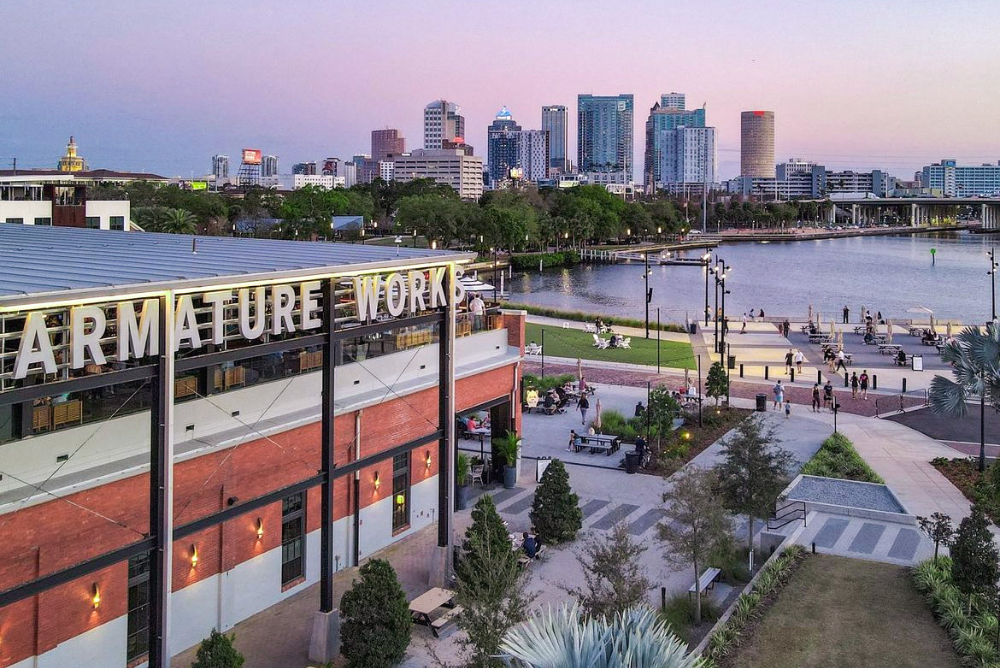Netflix’s “Baby Reindeer” is one of the network’s most watched series of all time, but it has also pulled them into a $170 million lawsuit.
Why is the woman the show is based on suing the network?
What’s Baby Reindeer?
“Baby Reindeer” is a seven-part drama series that premiered on Netflix on April 11, 2024. Since its release, the series has had roughly 60 million views, according to Deadline. It’s become one of the most-watched shows on Netflix of all time.
The show follows a bartender and struggling comedian, Donny Dunn, who is played by Richard Gadd. The show depicts the relationship between Dunn and Martha, a lawyer who visits Donny’s bar and then becomes obsessed with him.
The movie begins with the text, “This is a true story,” and is meant to be a depiction of Gadd’s real-life experience. Gadd is the writer and creator of the show and the alleged victim of the crimes depicted in the series.
While names have been changed in the show, it didn’t take long for internet sleuths to uncover the person Martha’s character is based on. Once audiences discovered that Fiona Harvey was the inspiration for Martha, it opened up questions as to whether the story was actually all true.
Related: Dealing With the Media During a High-Profile Case: What to Expect
Is It a True Story?
Harvey is allegedly the inspiration behind Martha. Martha resembles Harvey’s appearance and also mimics her mannerisms and personal details. In both the show and real life, the women are attorneys.
Audiences were able to make a connection between Martha and Harvey, which Harvey says led to an onslaught of online harassment and reputational damage.
In a lawsuit, she says, “Netflix and Gadd destroyed her reputation, her character, and her life.”
Harvey says the show encourages viewers to believe all details are true even though there are major inaccuracies. Harvey says the inaccuracies include details that she is a twice-convicted stalker, sexually assaulted Gadd’s character, and served five years in prison.
The Defamation Lawsuit
Harvey filed a defamation lawsuit that is seeking $170 million in actual, compensatory, and punitive damages, plus profits earned from the series.
Gadd is not listed as a defendant in the case, but Netflix is. It accuses defendants of alleging defamation, intentional infliction of emotional distress, and negligence.
Harvey says she has experienced anxiety, nightmares, panic attacks, shame, depression, nervousness, stomach pains, loss of appetite, extreme stress, and sickness since the harassment after the release of the show, as reported by Page Six.
A rep for Netflix told Page Six, “We intend to defend this matter vigorously and to stand by Richard Gadd’s right to tell his story.”
In an interview with Variety before the lawsuit, Gadd said the story was, “all borrowed from instances that happened to me and real people that I met. But of course, you can’t do the exact truth, for both legal and artistic reasons.”
Since the lawsuit, Netflix has moved a disclaimer stating characters may be altered for dramatic purposes to the beginning of each episode. The disclaimer was originally placed in the closing credits.
Related: What’s the Difference Between a Civil and Criminal Case?
Other Netflix Defamation Lawsuits
This incident isn’t the first time Netflix has been sued over the fictional portrayal of real people.
The company was sued by Rachel DeLoache Williams in 2022 after the release of the series “Inventing Anna.” Netflix filed a motion to dismiss the case which was denied, and the case is ongoing and currently in the discovery phase, according to Variety.
Netflix also sought to dismiss a case filed against them by OneTaste, a now-defunct San Francisco company. The company was depicted in the show “Orgasm Inc.” In that case, Netflix won the dismissal, but OneTaste is appealing the decision.
Related: What You Should Expect from Your Attorney in Every Case
What Are the Possible Outcomes?
It is likely that Netflix will also try to dismiss the defamation lawsuit related to “Baby Reindeer.” It will be up to the judge to deny or agree to their motion.
If the case is not dismissed, it could be settled outside of court. Cases involving large corporations are frequently settled outside of court with a lower value of damages.
If the case proceeds with no dismissal or settlement, it could end up in front of a jury that will decide whether or not the show falsely depicted and injured Harvey.
Related: Get Good Legal Representation by Asking This One Question
Talk to an Attorney You Can Trust
If your life is disrupted by the actions of another party, you may be eligible for financial damages to cover the costs of your injury. Talk to a personal injury attorney if you have experienced loss due to the negligence of another party.
Have a potential case to discuss? See if your case is worth fighting for. Schedule a free consultation with TJ Grimaldi today. Request your consultation or call 813-226-1023 now.



